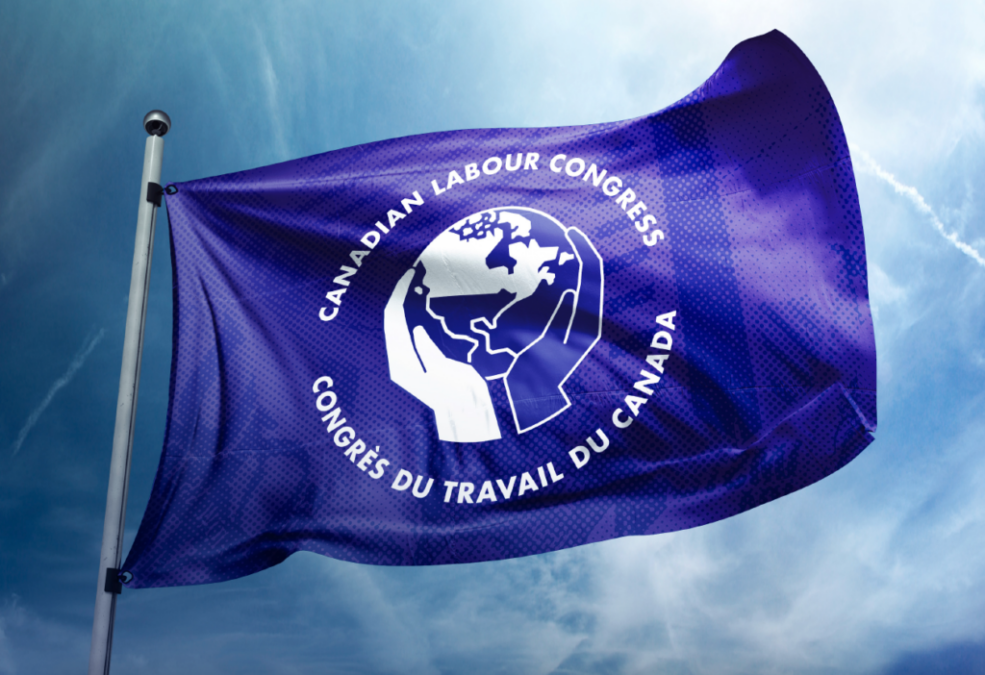
BHM 2023: It’s time Canada takes care of Black care workers
Black History Month is an important time to recognize and celebrate the contributions, achievements and struggles of Black communities in this country. In recognition of the vital role Black workers have played in this nation’s care systems, Canada’s unions are calling for fair and decent work for care workers.
From the hidden experiences of Black Nova Scotian domestic workers in the mid-twentieth century, to the young Black women domestic workers who participated in Canada’s West Indian Domestic Scheme, to the Black women who overcame significant racial discrimination to train and work as nurses, Black care workers have been integral to this country’s care history.
“Black care workers helped build this country. They fought and organized for justice, helping to secure the rights that all workers now benefit from. Today—and every day— we honour this hard work by fighting for fairness and justice for Black care workers,” said Bea Bruske, President of the Canadian Labour Congress.
Care workers continue to do the hard work of providing care—paid and unpaid—for our families and communities. This work is often carried out by Black, racialized, immigrant and migrant women.
Wages and working conditions for care jobs do not reflect the true value of the work: jobs are precarious and wages are low. These women often work under poor, unsafe and unfair conditions, with few protections. Care work is traditionally understood to be women’s work, and as such, it is undervalued. This upholds gender stereotypes promoting ideas about women’s place in society and the forms of work assigned to them.
“The racial dimensions and undervaluing of care work also have deep roots, going back to when African and Indigenous peoples were bought, sold, traded and inherited in Canada’s system of chattel slavery, the impacts of which are still felt deeply by Black and Indigenous workers and communities. Black workers helped raise this nation, caring for others—first under duress, and today, out of necessity, yet their work and contributions aren’t properly valued,” said Larry Rousseau, CLC Executive Vice-President.
In addition to the hardships of unjust wages and working conditions, Black care workers face anti-Black racism, racial violence and abuse on the job. Without access to equal rights and protections, these inequities persist.
Care work is necessary to the continued well-being of our families and communities, and the functioning of our economy. Despite the indispensable nature of this work, Canada’s care systems are failing its workers and all those who need care. The pandemic has exacerbated the existing cracks in our care systems.
Black care workers helped build Canada and continue to provide the crucial care we all need and depend on. Let’s show up and show we care by fighting together to secure fair and decent work for Black care workers and committing to eradicating gender, racial and other inequities that are bound up with the undervaluing and maldistribution of care work. Send a letter to your MP urging them to invest in repairing our public care systems and join the fight at https://showwecare.ca/.




